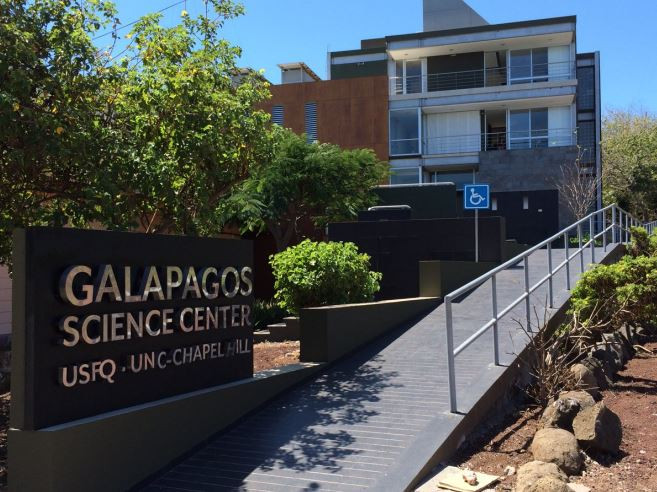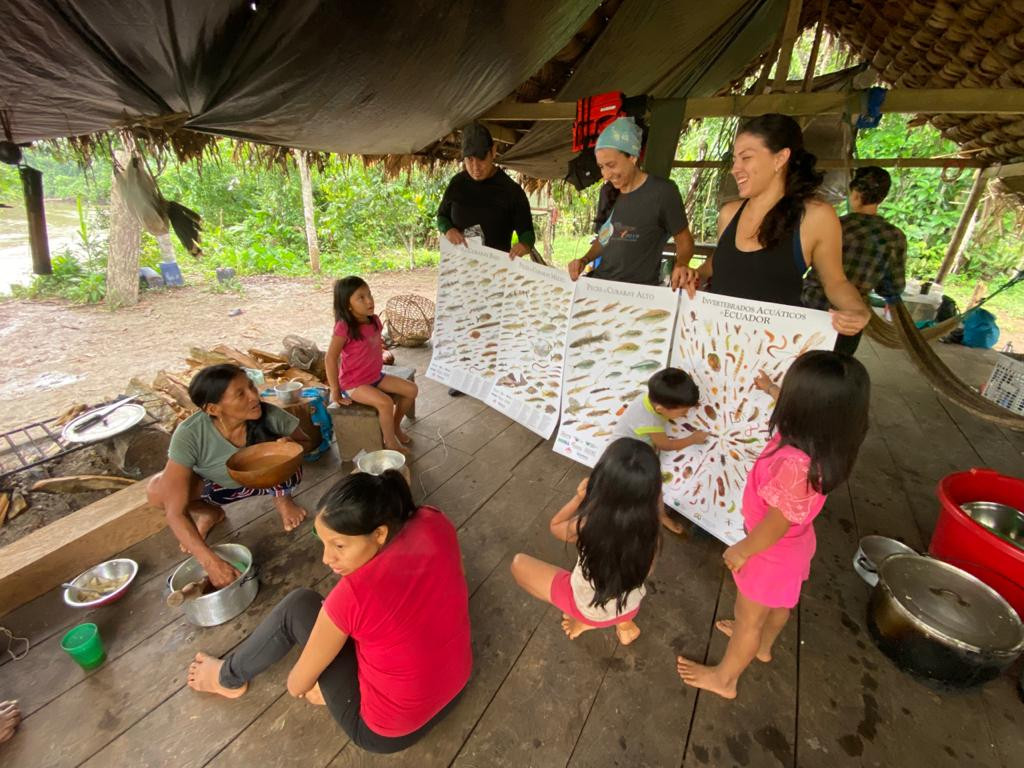
The project will deliver a simulation model software, available online for public access with focus on education and decision-making. The model will be constructed using a System Dynamics approach, a powerful tool for solving complex problems which considers relationships between technical variables (e.g. technology) and soft variables (e.g. behaviour). The model will help define mitigation strategies to and policies to reduce air emissions considering counterintentive effects, delays, among others. This model will become a powerfull tool for decision-making post COVID-19, to help reactivate the economy in the islands and guarantee environment protection. The model will help visualize the short and long-term problem by evaluating and predicting anthropogenic emissions for the main air primary pollutants (NOx, CO, SO2, PM10 and PM2.5) and GHGs (CO2, CH4, N2O) in the main populated islands. The project takes into account a participatory planning that involves diverse groups of interest and stakeholders creating a strong representation, legitimacy and a holistic view of the problem. The policies will be based on a formal decision-making analysis with stakeholders participation. Stakeholders involvement in policies for a sustainable environmental management will not only help modify their livelihoods but also change the dynamics of their relationship with their environment as well as promoting transparency and accountability of their authorities.


